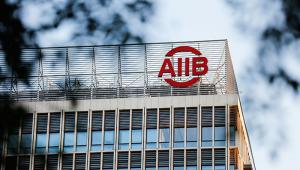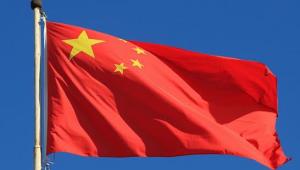The China-led AIIB, which has been fighting for portrayal as a partner rather than competitor of established development finance institutions, plans to spend about $1.2bn in 2016, with a sizeable chunk of that now set to go towards co-financing projects with the World Bank.
World Bank president Jim Yong Kim said the co-financing framework agreement raised the partnership between the two institutions to a “new level”.
“Signing this agreement enables our institutions to finance development projects together, and that is an important first step toward working with a new partner to address the world’s huge infrastructure needs.”
The two banks are currently discussing almost a dozen co-financed projects in sectors including transport, water and energy across Asia.
Under the terms of the agreement, the World Bank will prepare and supervise co-financed projects in accordance with policies, including environmental and social safeguards.
While the AIIB insists it will be “lean, clean and green”, its launch sparked concerns about the social and environmental standards it would adhere to.
Its creation also proved worrisome for the United States, which saw it as a rival to established American-dominated institutions and a sign of Beijing’s growing influence.
But the US’s attempts to deter its traditional allies to signing up to the bank were unsuccessful. The AIIB officially opened for business earlier this year, with $100bn in capital contributed by its 57 members, which span Asia, Europe, Latin America, the Pacific, Africa and the Middle East.
The AIIB also has a good working relationship with the Asian Development Bank. It was announced today that Hamid Sharif, currently country director for China at the ADB, has been appointed as the first director general of the AIIB’s Compliance, Effectiveness and Integrity Unit.
While hoping to co-operate rather than compete with established development institutions, the AIIB does pose a challenge to some facets of the currently western-dominated system.
For example, where developed countries typically hold more sway in traditional development finance institutions, the AIIB plans to give developing countries a greater proportion of the shares to make the bank more representative.
Nevertheless it has repeatedly stressed it does not intend to be a rival. Its president, Jin Liqun, said the AIIB looked forward to a “long and fruitful relationship with ongoing cooperation” with the World Bank and that it is grateful for its “generous and timely support throughout the establishment process”.













